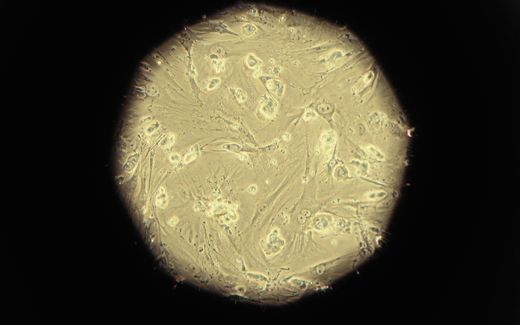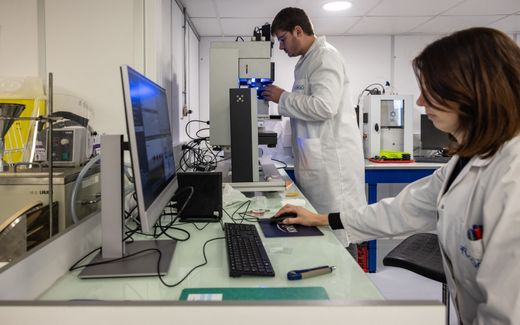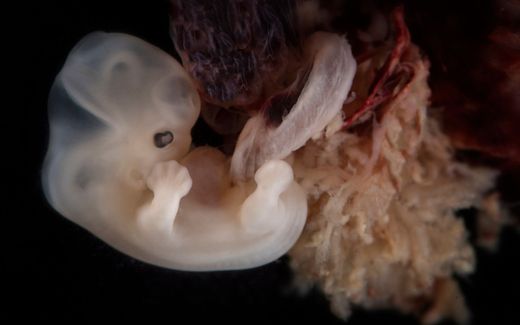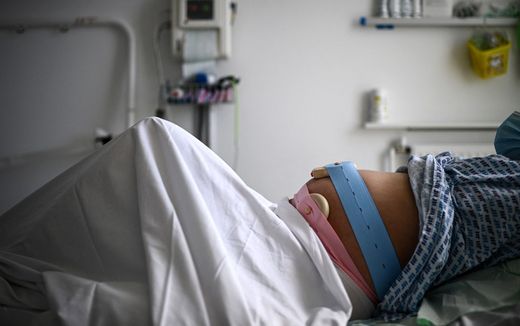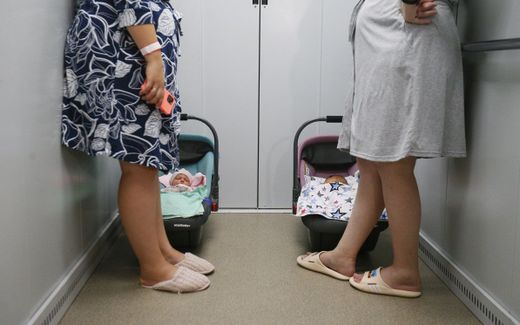Italian court prioritises rights of embryo over father’s
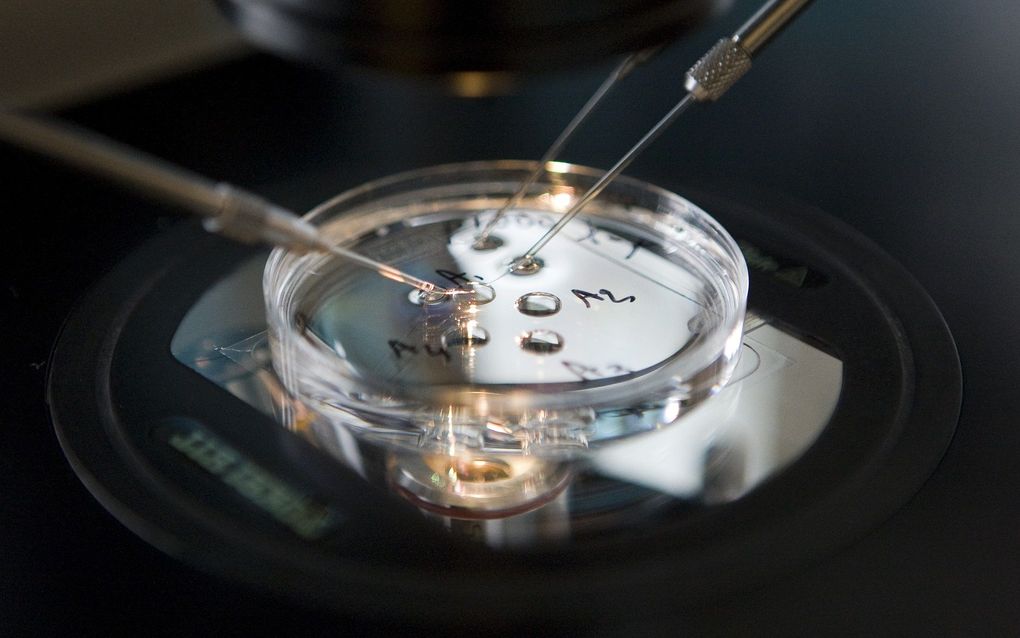
Embryo selection in a hospital. Photo ANP, Lex van Lieshout
Southern Europe
Italian women can use embryos that are conceived with their (former) partner even if they do not have his consent or are divorced.
That was decided by the Italian Constitutional Court. Therefore, a man cannot revoke his paternity after an IVF treatment. Only the woman decides about the future of the embryo, pro-life organisation One of Us reports.
Yet, the man is responsible for fulfilling his responsibilities once the baby is born. According to One of Us, the central issue in the case is that the court prioritises the "right of the embryo to develop and, therefore, the will of the mother when she decides to gestate her child."
Uterus
The court case was initiated by a couple from the Italian town of Lazio. When they were married, they took in vitro fertilisation treatment. However, as the woman had physical problems, the spouses decided to free the embryos so they could use them later. That never happened, as the couple divorced in 2019, three years after freezing the embryos. With the divorce, the husband withdrew his consent for implanting the embryos in the woman's uterus.
However, his ex-wife wanted to give birth to an embryo. Her lawyer, Gianni Baldini, therefore, referred to an article of the law on assisted fertilisation, which reads that the man's consent is irrevocable after the fertilisation of the egg cell. The lawyer argued to the Court of Rome that this law "recognises the right of the embryo to develop and, consequently, that of the separated or divorced woman to proceed with the implantation of the embryo, even against the will of her ex-partner who is obliged to assume all moral obligation and economic problems related to the child born even years later."
The husband, on the other hand, appealed to the Court of Rome, which referred his case to the Constitutional Court. However, the latter rejected the claims of the man and ruled in favour of his ex-wife.
Burden
The judge who decided on the case also weighed the personal investment of the woman in the process of in vitro fertilisation. "It entails for women the serious burden of making their own body available, with a significant physical and emotional investment that involves risks, expectations, and suffering (…) The woman's body and mind are, therefore, inextricably involved in this process, which culminates in the concrete hope of generating a child, after the implementation of the embryo in her own uterus."
In addition, the Constitutional Court emphasised the dignity of the embryo, which "has within itself the principle of life." The irrevocability of the consent of the father is to protect the dignity of the embryo, the judge said. If the woman chooses for the implantation of the embryo, it offers the unborn baby the opportunity to develop and be born. According to One of Us, the ruling "represents an important advance in the protection of the right to life from the moment of conception."
Rights
One of Us finds it remarkable that the Italian court prioritises the rights of the embryo over the rights to autonomy of the fathers. "The novelty of the sentence we are commenting on is that other rights, such as parental autonomy, appear as subsidiary to the first of them all: the right to life, in this case, of the child, who, even when immature, is a human being, like their parents", the organisation concludes.
Related Articles


